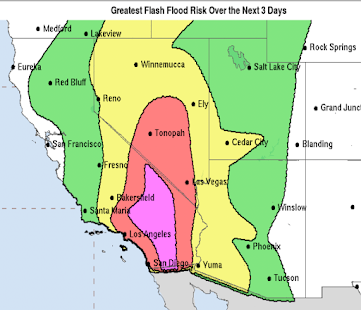Without Heretics, Science Would Not Progress
The Wall Street Journal tackles a subject we've talked about on this blog a number of times. This topic is especially important given the concerns about global cooling (see posting below):
That last sentence really rings true. The author of this piece closes his article with this:
The list of scientific heretics who were persecuted for their radical ideas but eventually proved right keeps getting longer. Last month, Daniel Shechtman won the Nobel Prize for the discovery of quasicrystals, having spent much of his career being told he was wrong.
"I was thrown out of my research group. They said I brought shame on them with what I was saying," he recalled, adding that the doyen of chemistry, the late Linus Pauling, had denounced the theory with the words: "There is no such thing as quasicrystals, only quasi-scientists."
The Australian medical scientist Barry Marshall, who hypothesized that a bacterial infection causes stomach ulcers, received similar treatment and was taken seriously only when he deliberately infected himself, then cured himself with antibiotics in 1984. Eventually, he too won the Nobel Prize.
Drs. Shechtman and Marshall are on a distinguished list. Galileo, Charles Darwin and Albert Einstein all had to run the gauntlet of conventional wisdom in the scientific establishment. For a profession whose very product is new knowledge, science seems strangely resistant to novelty.
That last sentence really rings true. The author of this piece closes his article with this:
Perhaps it's at least worth guessing which of today's heretics will eventually win a Nobel Prize. How about the Dane Henrik Svensmark? In 1997, he suggested that the sun's magnetic field affects the earth's climate—by shielding the atmosphere against cosmic rays, which would otherwise create or thicken clouds and thereby cool the surface. So, he reasoned, a large part of the natural fluctuations in the climate over recent millennia might reflect variation in solar activity.
Dr. Svensmark is treated as a heretic mainly because his theory is thought to hinder the effort to convince people that recent climatic variation is largely manmade, not natural, so there is a bias toward resisting his idea. That does not make it right, but some promising recent experiments at CERN (the European Organization for Nuclear Research) raise the probability that Dr. Svensmark might yet prove to be a Shechtman.




Comments
Post a Comment